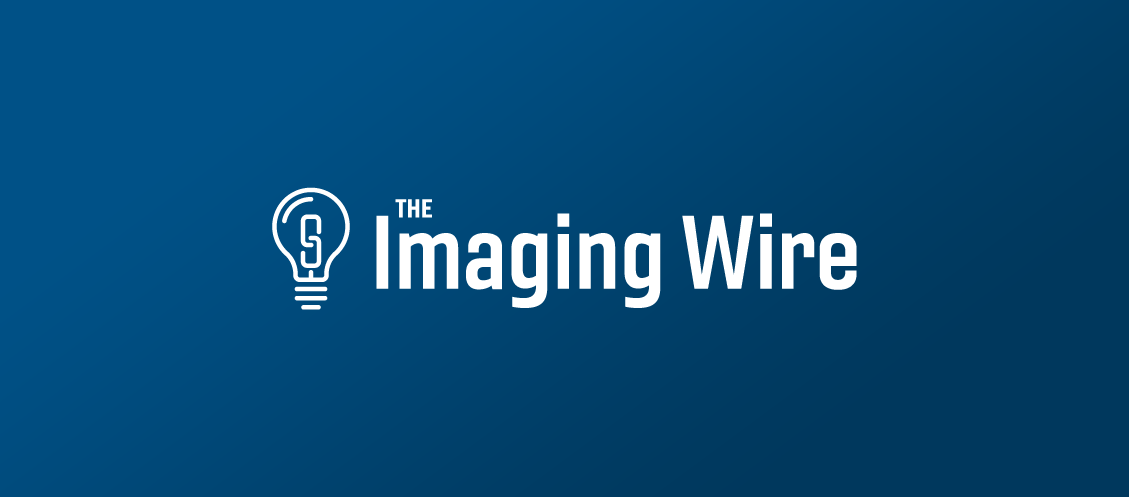Have we reached a tipping point when it comes to AI for breast screening? This week another study was published – this one in Radiology – demonstrating the value of AI for interpreting screening mammograms.
Of all the medical imaging exams, breast screening probably could use the most help. Reading mammograms has been compared to looking for a needle in a haystack, with radiologists reviewing thousands of images before finding a single cancer.
AI could help in multiple ways, either at the radiologist’s side during interpretation or by reviewing mammograms in advance, triaging the ones most likely to be normal while reserving suspicious exams for closer attention by radiologists (indeed, that was the approach used in the MASAI study in Sweden in August).
In the new study, UK researchers in the PERFORMS trial compared the performance of Lunit’s INSIGHT MMG AI algorithm to that of 552 radiologists in 240 test mammogram cases, finding that …
- AI was comparable to radiologists for sensitivity (91% vs. 90%, P=0.26) and specificity (77% vs. 76%, P=0.85).
- There was no statistically significant difference in AUC (0.93 vs. 0.88, P=0.15)
- AI and radiologists were comparable or no different with other metrics
Like the MASAI trial, the PERFORMS results show that AI could play an important role in breast screening. To that end, a new paper in European Journal of Radiology proposes a roadmap for implementing mammography AI as part of single-reader breast screening programs, offering suggestions on prospective clinical trials that should take place to prove breast AI is ready for widespread use in the NHS – and beyond.
The Takeaway
It certainly does seem that AI for breast screening has reached a tipping point. Taken together, PERFORMS and MASAI show that mammography AI works well enough that “the days of double reading are numbered,” at least where it is practiced in Europe, as noted in an editorial by Liane Philpotts, MD.
While double-reading isn’t practiced in the US, the PERFORMS protocol could be used to supplement non-specialized radiologists who don’t see that many mammograms, Philpotts notes. Either way, AI looks poised to make a major impact in breast screening on both sides of the Atlantic.





